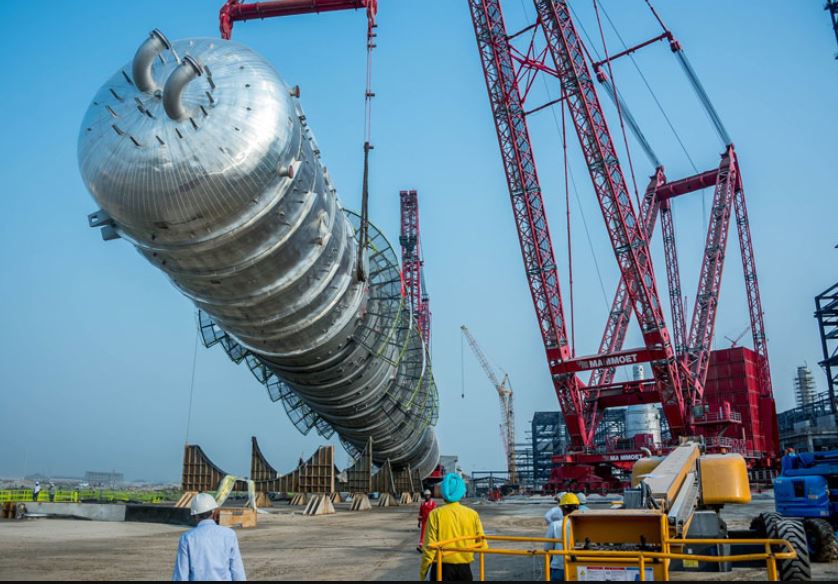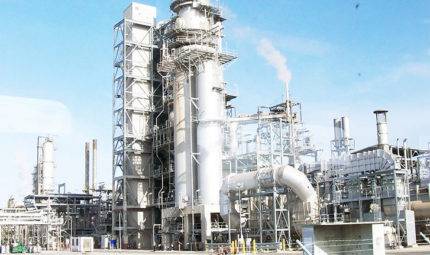Nigerian Refineries Face Crude Oil Importation
In a significant development for the Nigerian oil industry, the Nigerian National Petroleum Company Limited (NNPCL) is considering the importation of 110,000 barrels of crude oil per day from Venezuela or Saudi Arabia to operate the upcoming Kaduna Refinery, scheduled to begin operations next year. This move reflects the growing challenges in crude oil production in Nigeria, prompting a potential shift towards importing crude oil.
Struggles in Local Crude Oil Production
The oil production landscape in Nigeria has been marred by various challenges, leading to a potential need for oil importation. Nigeria is currently facing a shortfall of 113.52 million barrels in meeting its Organization of the Petroleum Exporting Countries (OPEC) output quota. This shortfall translates to approximately $8.9 billion in losses during the first seven months of 2023.
Despite Nigeria’s OPEC production quota of about 1.742 million barrels per day, the actual output has been averaging around 1.1 million barrels, creating a significant gap. Furthermore, the recent borrowing of $3 billion from Afreximbank by NNPCL could further limit the volume of crude oil available for the local market.

Challenges and Doubts Surrounding Local Refineries
The Nigerian Upstream Regulatory Commission is currently in the process of enforcing Section 109 of the Petroleum Industry Act (PIA), which introduced the Domestic Crude Supply Obligation (DCSO) to ensure that domestic refineries receive a consistent supply of crude oil. However, oil producers are expressing concerns about commercial issues, logistics, data security, and the ability of off-takers to sustainably pay for the oil.
Renowned energy expert Dan Kunle emphasized that the local production of oil and gas would continue to face challenges as long as the Federal Government maintains controlling shares in petroleum companies. He pointed out the weaknesses in the country’s product pipelines and infrastructure, making the likelihood of the Port Harcourt Refinery resuming operations questionable.

Future Prospects and Concerns
While the coming on stream of the Kaduna Refinery and others is a positive development, energy economist Prof. Wunmi Iledare highlights the need for a comprehensive approach to infrastructure improvement and resolving issues that hinder oil drilling operations in the Niger Delta. The state of roads and pipelines remains a significant challenge, particularly for the Port Harcourt Refinery.
As discussions continue about importing oil end products for local refineries, concerns are raised about the cost of production, sustainability, and profitability, which could impact fuel prices at the pump.
The challenges in Nigeria’s crude oil production industry have led to discussions about importing crude oil for domestic refineries, including the upcoming Kaduna Refinery, Dangote Refinery, and Bua Refinery. While these refineries hold promise, addressing infrastructure issues and challenges in the Niger Delta remains critical to the sustainability of the Nigerian oil industry. The decisions made in the coming months will significantly impact the country’s energy landscape and economic stability.
Table of Contents
Discover more from OGM News NG
Subscribe to get the latest posts sent to your email.














